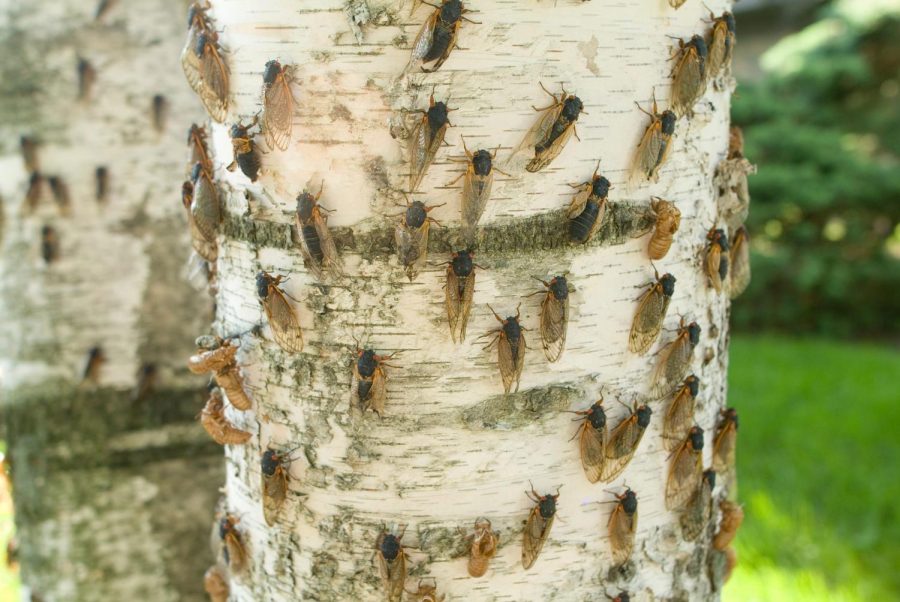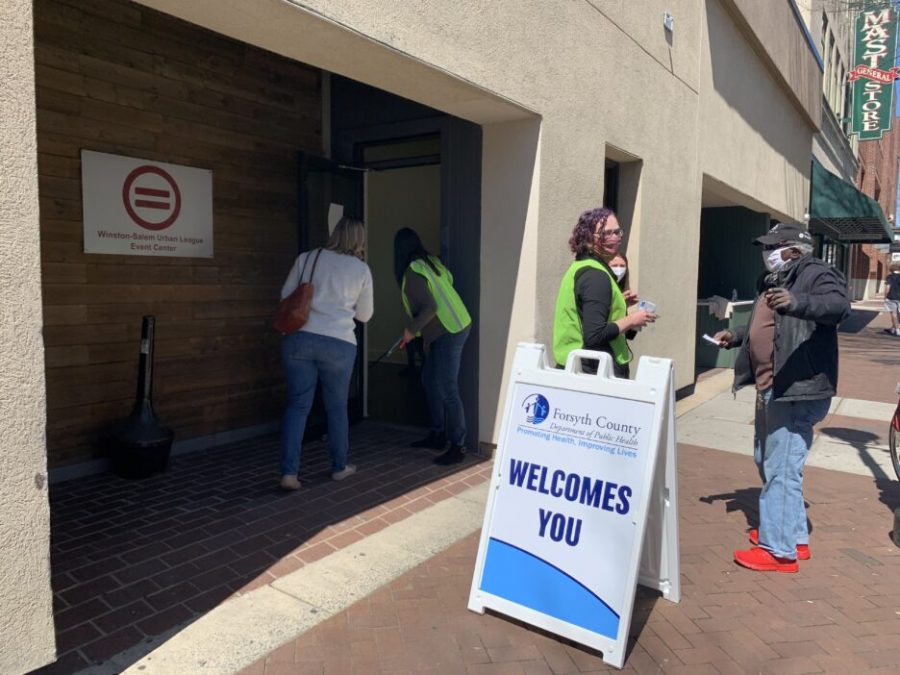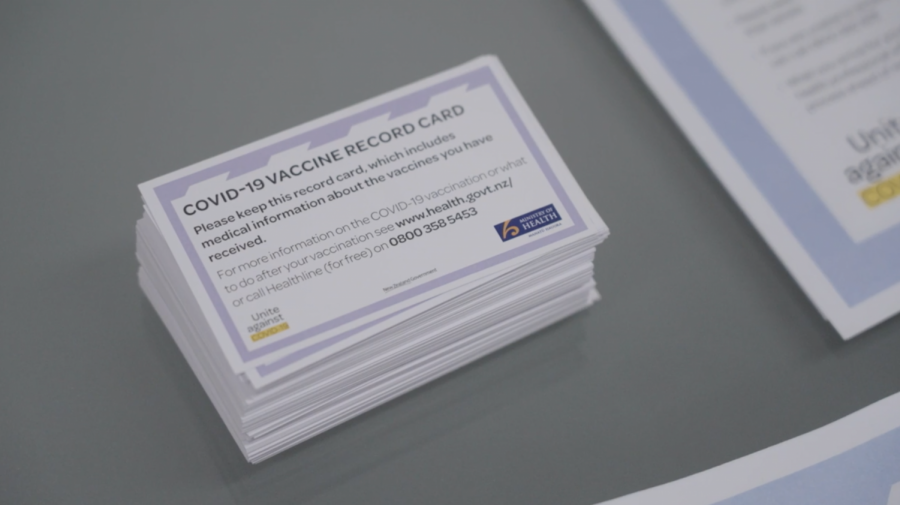Scientist and keynote speaker Dr. Nicole Garneau delivered her seminar “Crowdsourcing: Bigger Data and Broader Impact” to a room of over 50 students and faculty in Winston Hall on Sept. 17.
With a research background in genetics and microbiology, Garneau is the Curator of Human Health at the Denver Museum of Nature and Science, where she directs the Genetics of Taste Lab.
Appearing friendly and engaging, it’s easy to see why Garneau has been invited to speak at numerous venues, such as TEDxMileHigh, NPR and now Wake Forest. Throughout the presentation, she interacted with the audience, pulling examples from local research and calling on audience members by name. This seminar was part of a weekly series in the Department of Biology, bringing presenters with a range of expertise to speak on campus every Monday.
Garneau’s work focuses on public engagement and community science, applying these to the study of taste. She has investigated the role of genetics in people’s beer preferences and the pairing of savory (umami) and sour tastes, a common combination in food from around the world. Both Garneau’s lab and her research methods are unconventional, and this unusual approach was the focus of her presentation.
Creative destruction and disruptive innovation, Garneau explained, are two related concepts from economics that describe how a new technology or system can be so much better than its predecessor that it makes the old system becomes obsolete. The new market or “value chain,” disrupting the status quo. Garneau pointed out that most of the “value” that scientists produce today — data, publications, research training — is for the benefit of other scientists, not the general public. This, coupled with the traditional image of researchers as mostly old, white men, makes science feel inaccessible and leads to mistrust of scientists.
“People think science is boring and unrewarding,” Garneau said, to a mixture of laughter and groans from the room.
Garneau wants that to change. In order to disrupt the status quo and create a better system of research and better relationships with the public, scientists need to recognize the problem, observe the weaknesses of the current system, and act to change it. One way that Garneau is working toward disruptive innovation is through nontraditional research methods like crowdsourcing.
Crowdsourcing is a term first defined in 2006 by Jeff Howe on Wired.com. It involves taking a job typically performed by a trained professional (a research scientist, for example) and outsourcing that work to a large network of people, often amateurs or members of the general public.
For Garneau, crowdsourcing is a way to disrupt the status quo of scientific research. It allows her to collect valuable, large-scale datasets from visitors to the Denver Museum of Nature and Science, engaging the public in her research. She relies on trained community volunteers to collect data, instead of graduate students or postdoctoral researchers, who comprise the primary workforce in most academic research settings.
“If we’re going to use community science the right way, I have to know that I can compete,” Garneau said about the quality of the crowdsourced data she collects. She described the training for her community science team as “very intense.”
During her post-seminar question-and-answer session, Garneau acknowledged that there are still some limitations to her crowdsourcing method. Not everyone can afford admission to the museum where she conducts her experiments, and crowdsourced data is easier to apply to human-driven research questions than some other fields, such as molecular signaling in plants.
Nonetheless, Garneau insists that amateur scientists are eager to participate in many different research initiatives. “You just have to tap into that energy.”







